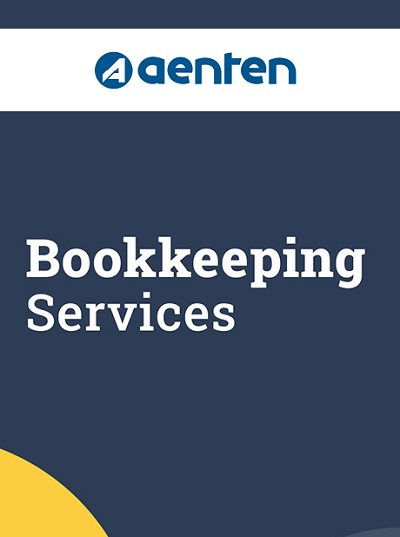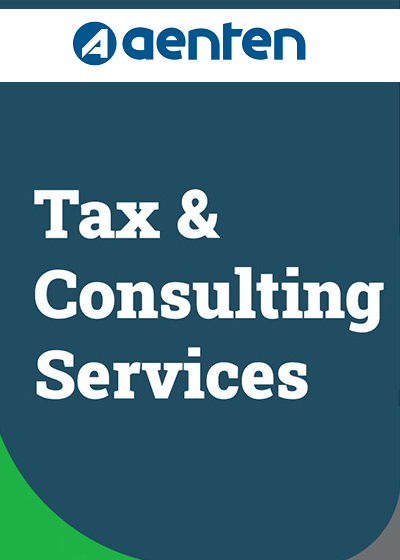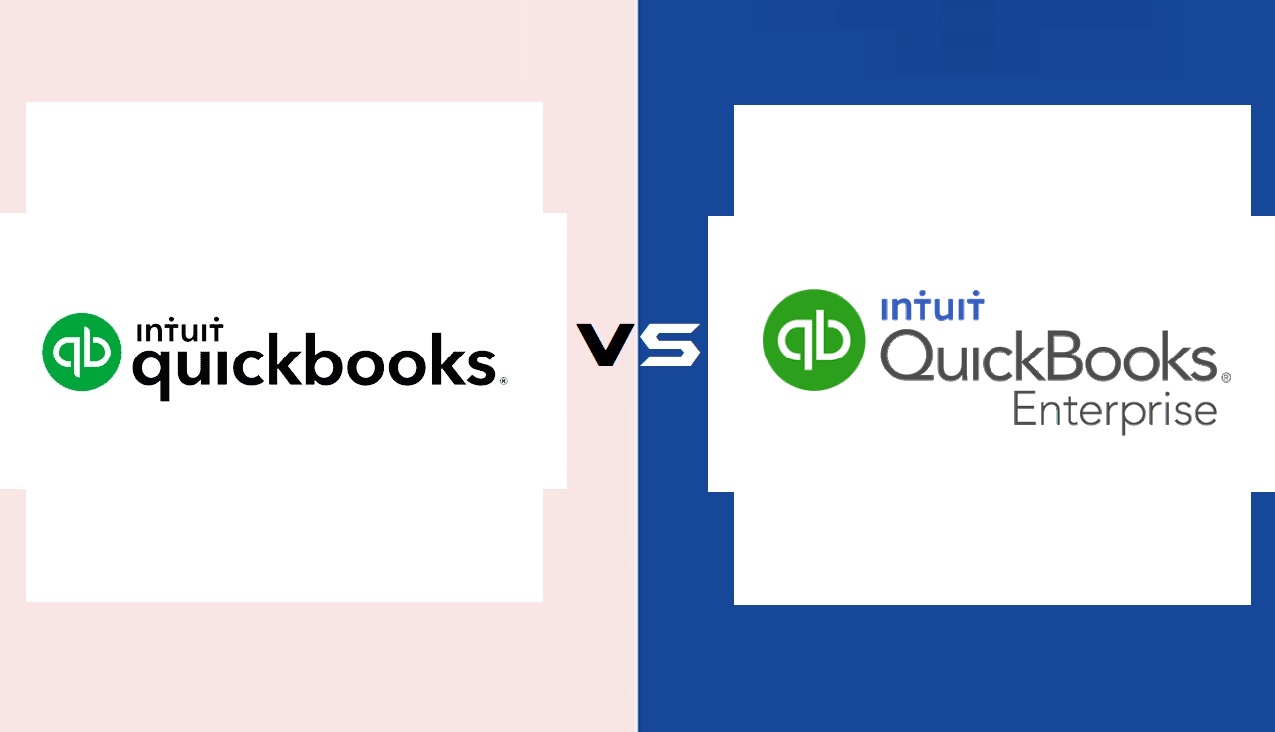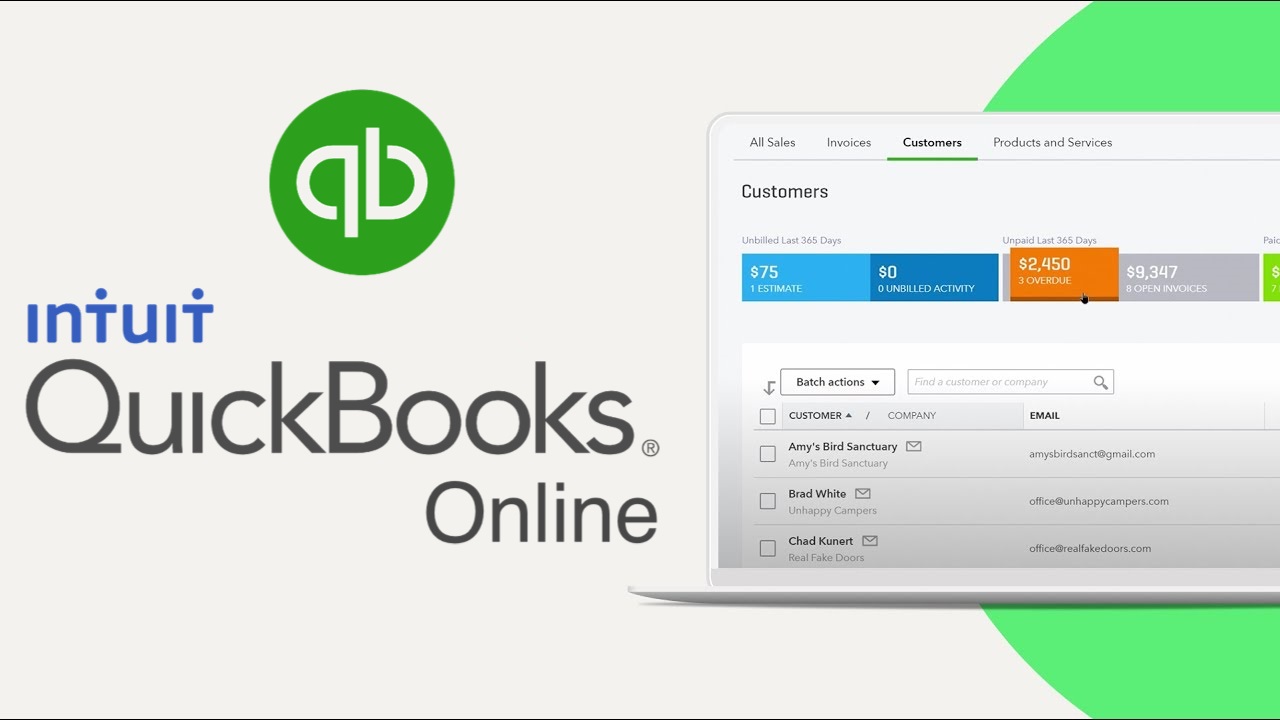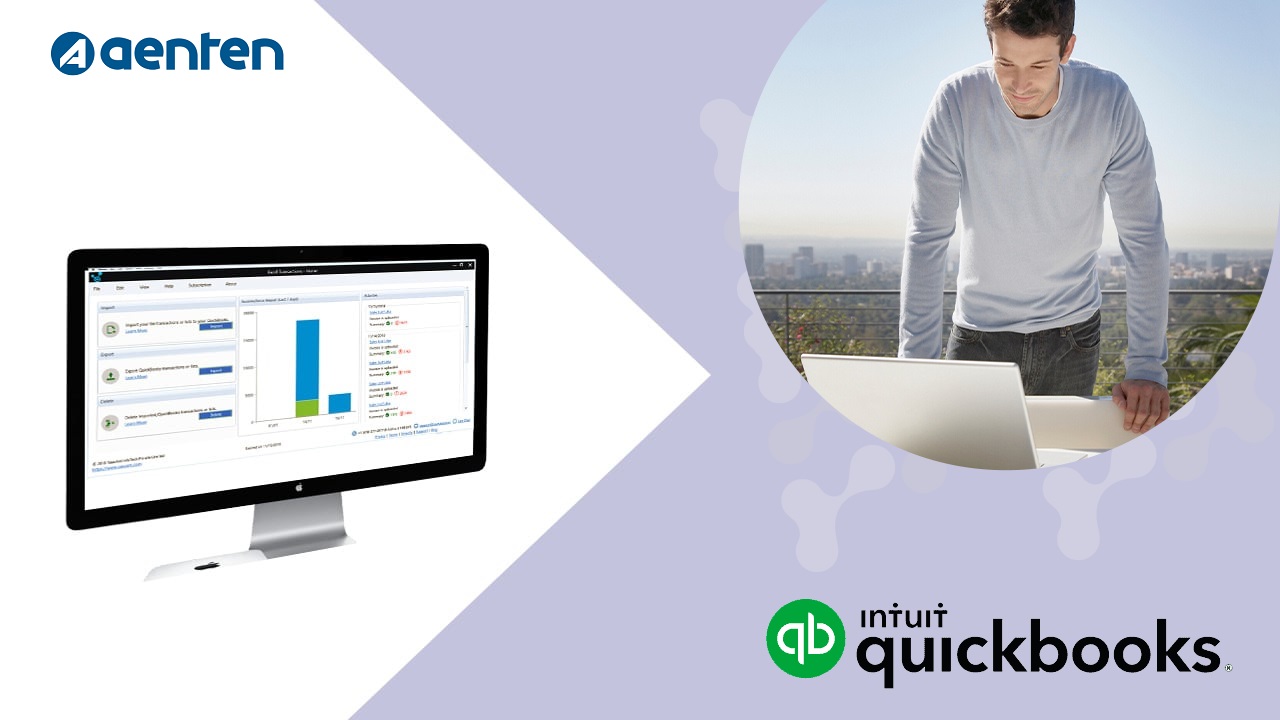As the year comes to an end, it’s time for small business owners to start thinking about their year-end tax strategies. By taking proactive steps now, you can reduce your tax liability and potentially save your business thousands of dollars. Here are 10 tax strategies for small businesses to consider before the end of the year.

1. Maximize Your Retirement Contributions
Contributing to a retirement plan can be an effective way to reduce your tax liability and plan for the future. If you haven’t already done so, consider maximizing your contributions to your 401(k) or IRA before the end of the year. The contribution limit for a 401(k) in 2022 is $20,500 ($27,000 if you are over 50), while the contribution limit for an IRA is $6,000 ($7,000 if you are over 50).
2. Accelerate Deductible Expenses
One way to reduce your taxable income for the year is to accelerate your deductible expenses. Consider paying your rent, utilities, insurance, and other expenses that you would normally pay in January before the end of the year. By doing so, you can claim these expenses on your current year’s tax return and reduce your tax liability.
3. Defer Income
Another strategy to reduce your tax liability is to defer income until the next year. If you are self-employed, you can delay invoicing your clients until January, which will push the income into the next tax year. This strategy can be particularly useful if you expect to be in a lower tax bracket next year.
4. Take Advantage of the Section 179 Deduction
The Section 179 deduction allows small businesses to deduct the full cost of qualifying equipment and software purchases in the year they are placed in service. The deduction limit for 2022 is $1,050,000, and the phase-out threshold is $2,620,000. Consider purchasing equipment or software before the end of the year to take advantage of this deduction.
5. Consider Bonus Depreciation
In addition to the Section 179 deduction, small businesses can also take advantage of bonus depreciation, which allows businesses to deduct 100% of the cost of qualified property in the year it is placed in service. Bonus depreciation is available for property placed in service between September 27, 2017, and December 31, 2022.
6. Take Advantage of the Qualified Business Income Deduction
The Qualified Business Income (QBI) deduction allows owners of pass-through entities, such as sole proprietorships, partnerships, and S-corporations, to deduct up to 20% of their qualified business income. To qualify for the deduction, your taxable income must be below $329,800 (for married couples filing jointly) or $164,900 (for single filers) in 2022.
7. Consider Charitable Contributions
Charitable contributions are a great way to reduce your tax liability while supporting a good cause. Consider donating to a qualified charity before the end of the year to claim a deduction on your tax return. You can also donate appreciated assets, such as stocks or mutual funds, which can provide additional tax benefits.
8. Review Your Business Entity Structure
Your business entity structure can have a significant impact on your tax liability. Consider reviewing your entity structure with a tax professional to ensure that you are taking advantage of all available tax benefits. For example, converting from a sole proprietorship to an S-corporation can help you save on self-employment taxes.
9. Review Your Employee Benefits
Employee benefits, such as health insurance, retirement plans, and flexible spending accounts, can also have a significant impact on your tax liability. Consider reviewing your employee benefits with a tax professional to ensure that you are offering the most tax-efficient benefits to your employees.
10. Consult with a Tax Professional
Finally, one of the best year-end tax strategies for small businesses is to consult with a tax professional. A tax professional can help you identify tax-saving opportunities, review your deductions and credits, and ensure that you are in compliance with all tax laws and regulations. They can also help you develop a tax plan for the upcoming year.
Also Read : Top 15 Tax Tips and Deductions For Food Truck Owners.
In addition to these strategies, here are some other year-end tax tips for small businesses:
- Review your financial statements to identify any tax planning opportunities
- Ensure that your accounting records are up-to-date and accurate
- Review your estimated tax payments to ensure that they are in line with your current income
- Check for any new tax law changes that may affect your business
- Keep detailed records of all business expenses and income
- Consider incorporating your business to take advantage of tax benefits
By implementing these year-end tax strategies and tips, you can reduce your tax liability and save your business money. Remember to consult with a tax professional for specific advice on your unique situation and to ensure compliance with all tax laws and regulations.
